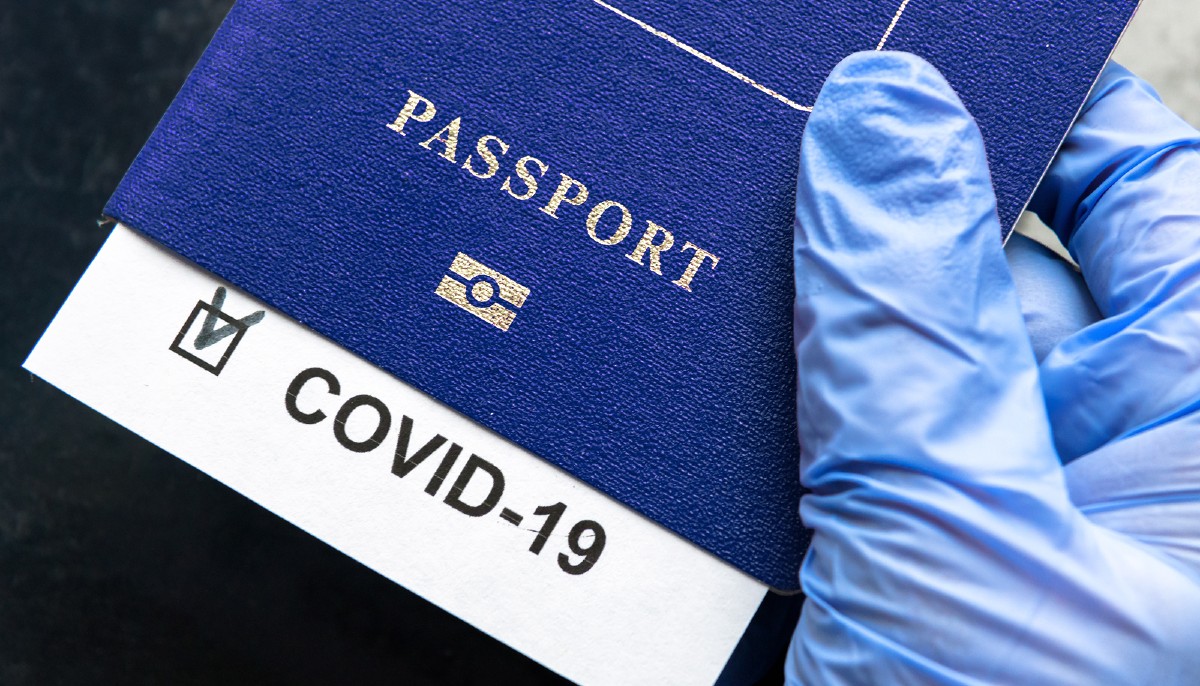
Should governments issue coronavirus ‘passports’?
A controversial idea amongst the experts
Ante-bellum New Orleans had to deal with a disease far more dangerous than Covid-19 – yellow fever. There was no cure, no inoculation and no vaccination against the mosquito-borne disease and it has an overall mortality rate of 3 to 7%. Survivors, however, were immune to further infections.
This created incentives to “acclimation” – rolling the dice, taking a deep breath and seeking to become infected. With proof of acclimation, it was impossible for a white person to get a job or credit from a bank. Fathers would not allow their daughter to marry a non-acclimated person. Acclimated slaves were worth 25% more. The head of the board of health declared “the VALUE OF ACCLIMATION IS WORTH THE RISK!”
A similar dynamic exists in the Covid-19 pandemic. Several countries, including Chile, Germany, and the UK, are considering “coronavirus passports” – official certifications that a person has contracted and recovered the disease or, has been vaccinated (if and when one is found). While some bioethicists believe that this is sound and ethical, others are sceptical.
The World Health Organization has thrown cold water on the idea. It believes – based on current research – that immunity after infection is uncertain and that tests give too many false positives and negatives. “People who assume that they are immune to a second infection because they have received a positive test result may ignore public health advice. The use of such certificates may therefore increase the risks of continued transmission. “
In The Lancet, Alexandra L. Phelan, of Georgetown University Medical Center writes that immunity passports “create an artificial restriction on who can and cannot participate in social and economic activities,” and warns that this creates “a perverse incentive for individuals to seek out infection.”
“Immunity passports would be ripe for both corruption and implicit bias” and would “exacerbate the harm inflicted by COVID-19 on already vulnerable populations,” Phelan argues. And she adds that the people “most incentivised to seek out infection might also be those unable or understandably hesitant to seek medical care due to cost and discriminatory access.”
Hank Greely, a lawyer and bioethicist at Stanford, agrees. In an article in Stat, he contends that “passports” would enable unjust discrimination. Employers, governments and service providers might require them, leading to a two-tier society. “These certificates have appeal — unless you are one of the many people who end up locked out of the world due to no fault of your own. For you, it is discrimination: some people can work, play, or travel while you cannot.”
Besides, it is unclear whether this sort of discrimination would be legal. In most countries, discrimination against people with disabilities is illegal – but in this case, it is people with normal immune systems who would be disadvantaged.
A leading American bioethicist, Ezekiel J. Emanuel, with a colleague, Govind Persad, has written an enthusiastic endorsement of the idea in JAMA. They envisage a system of graded licences which allow people to work in increasing more sensitive environments.
Immunity-based licenses have the potential to help realize important values, including enhancing the liberty of individuals who have been infected with COVID-19 without worsening the situation of those who have not been infected, maximizing benefits to individuals and society by allowing immune people to engage in economic activity, and protecting the least advantaged by allowing safer care for vulnerable populations.
Importantly, immunity-based licenses do not violate equal treatment because the factors used to grant a license are not discriminatory, like race or religion, but instead grounded in relevant evidence. While immunity-based licenses require careful implementation and scientific support to be ethical in practice, nothing makes them unethical in principle.
Michael Cook is editor of BioEdge
Creative commons
https://www.bioedge.org/images/2008images/bigstock-Covid–Coronavirus-Pandemic–355693601_(1).jpg
